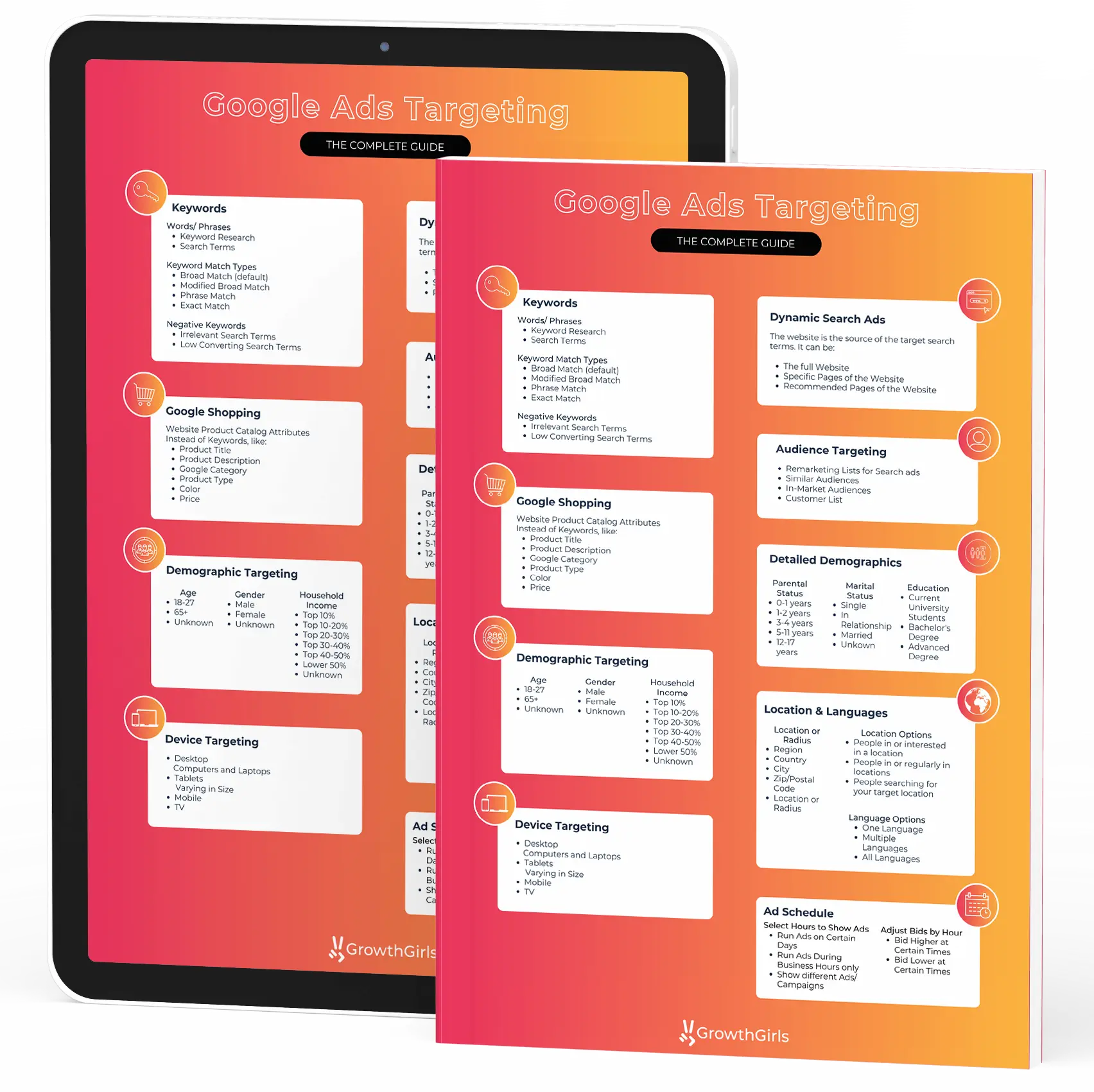How to run a successful anti-marketing campaign 101
Table of Contents
ToggleWhat is the Amsterdam “Stay Away” Anti Marketing Campaign
The nightlife in Amsterdam can be hardcore, more often than not. According to reports, there had been an increase in drunkenness and rowdiness, which was negatively affecting the local community and other visitors. Cutting to the chase, as a result, the Amsterdam “Stay Away” Campaign for Drinking Brits was launched in response to these concerns about the behavior of some British tourists. But, let’s dig deeper!
Amsterdam’s ‘Stay Away’ initiative pops up online when searching for terms like ‘pub crawl Amsterdam’, ‘stag party Amsterdam’, and ‘cheap hotel Amsterdam’. Searching related phrases brings up a video of the campaign, where young men are seen smashing glasses and shouting at police before they’re arrested. Featuring humorous and eye-catching phrases such as “Coming to Amsterdam on a messy night = €140 fine + criminal record = fewer prospects” for young men, this campaign aimed to raise awareness and prevent tourists from drinking too much or being disruptive.
Aside from the posters, police patrolled and enforced alcohol-related laws as part of the campaign. Police were told to be more proactive in identifying and dealing with disruptive behavior, like drinking in public and noise disturbances. The objective of this approach was to convey a distinct message to visitors that the city was committed to encouraging accountable conduct.
Was this anti marketing campaign successful?
Short answer is “Yes, the anti marketing campaign was successful”.
Tourists and locals alike praised the creative and humorous approach to addressing the Drinking Brits problem in the “Stay Away” campaign, as it was a great way to promote Amsterdam as a friendly, welcoming city while encouraging responsible behavior at the same time. It was a win-win situation!
Since the campaign was successful, other cities with similar issues have copied it and this shows the value of targeted campaigns tailored to specific groups or issues, and how creative and proactive approaches are important to tackling complex problems. As a whole, the Amsterdam “Stay Away” Campaign for Drinking Brits helped promote responsible behavior and keep the city’s reputation as a welcoming and inclusive destination.
How can I run a successful anti marketing campaign?
Running a successful anti-marketing campaign is like taking the expertise from running ads for the hospitality industry and reversing it! That’s it – it’s that simple!
Determine your target audience and the excluded audience, add the relevant filters, reverse your knowledge, and you’re good to go.
So, let’s break it down into parts and see how it works!
Determine your target audience and your excluded audience
Your target audience is young, British tourists seeking some (very) wild fun. In contrast, your audience cannot be made up of opulent and serene individuals when running an anti marketing campaign.
For google ads in this case you could target as such:
- Use the Demographic targeting to target 18 to 35, Males
- Use the Geo-targeting to target only UK
- Use Affinity audience categories in the targeting to exclude unrelated audiences and include audiences that have the habits and interests relevant to who you want to reach.
For example, you may want to target:
/Lifestyles & Hobbies/Nightlife Enthusiasts
And exclude:
/Travel/Travel Buffs/Luxury Travelers
/Travel/Travel Buffs/Family Vacationers
In-market segments will help you locate users searching for hotels and traveling.
For example, you may want to target:
/Travel/Air Travel/Air Travel by Class/Economy Class
/Travel/Hotels & Accommodations
And exclude:
/Travel/Hotels & Accommodations/Hotels by Star Rating/5 Star Hotels
/Travel/Air Travel/Air Travel by Class/Business & First Class
For more ideas, you can find all available Google ads targeting options in our guide below.

Get your free guide
Google Ads Targeting -
The Complete Guide
Now, it’s time for some …reverse analysis
To conduct a reverse analysis for the target audience in your anti marketing campaign, we would begin by identifying the websites that this audience frequently visits and determining the keywords they rank for. Tools like Ahrefs can be utilized to gather relevant data. Additionally, we would explore related forums on platforms like Reddit and Quora, engaging in social listening to identify recurring keywords and topics. As a marketer, we would rely on common logic and gather information directly from the client, such as Amsterdam City, to understand what activities the target audience engages in, what products or services they purchase, where they typically stay, and the motivations behind their visits. By combining these research methods, we can develop a comprehensive understanding of the target audience’s preferences and behaviors, enabling us to effectively reach and engage them.

Ahrefs keyword research for the term “cheap flights and hotels for Amsterdam”.
Hmmm, and what about keywords?
Well, when considering the demographics, the target persona for this campaign would likely search for keywords related to finding cheap flights and affordable hotels. They would also be interested in searching for party-related activities such as bars and nightlife. But, it’s very important to consider the geographic aspect as well.
For instance, individuals from the UK would search for “stag party” ideas, while those in the US would search for “bachelor party” ideas, and Australians might search for “buck’s night” ideas. Additionally, Brits might use the term “pubs” instead of “bars” when searching for nightlife options. To illustrate the impact of geographic variations on search behavior, for example, here are some insights on how people search for swimwear across different parts of the world. Taking inspiration from these considerations, some potential search keywords for this campaign could include “Stag party Amsterdam,” “Cheap hotel Amsterdam,” and “Pub crawl Amsterdam.”
It’s also worth exploring related search queries such as “best party destinations” and even targeting the less competitive keyword “worst party destinations” to capture specific segments. Tools like Ahrefs can provide valuable metrics to assess keyword rankings and optimize the campaign accordingly.
For example, according to Ahrefs, “amsterdam party” has 60 volume from the UK and 24 difficulty (the higher the number, the more difficult it is to rank for the term).

Ahrefs keyword research for the term “amsterdam party”.
On the other hand, the term “amsterdam pub crawl” is not only more targeted, but it also has a higher traffic potential as well as it’s easier to rank, with the difficulty rating being at 0.

Ahrefs keyword research for the term “Amsterdam pub crawl”.
And, don’t forget: Create content that will rank organically on Google!
Next, find your advertising “mix”
To effectively reach the young Brit male target audience during their customer journey for booking a wild trip to Amsterdam, a strategic advertising mix can be implemented.
Firstly, it is crucial to have a presence during the initial research phase, where they would likely turn to Google Search. Google search ads and optimized organic content can be utilized to ensure visibility when they search for keywords related to cheap flights, cheap hotels, and partying in Amsterdam.
Secondly, as they progress towards booking tickets and accommodations, placing ads on relevant traveling sites and booking engines will increase the chances of capturing their attention and driving conversions.
Additionally, it’s important to engage with them in related forums where they might ask questions or seek recommendations. Advertising through both paid ads and organic content in these forums can establish brand presence and credibility.
Considering the target persona’s characteristics, incorporating ads on social media platforms where they spend time, as well as on adult-oriented sites, can further enhance the advertising mix.
By strategically aligning ads across Google Search, travel-related websites, forums, social media, and relevant platforms, the campaign can effectively target the audience at various touchpoints along their customer journey, ensuring awareness, and consideration, and ultimately driving decision-making.
What’s your message?
In our holy cause, we seek to discover what would cause our target audience to “stay away”.
Getting arrested is not enough. “Coming to Amsterdam for a messy night and getting trashed = €140 fine + criminal record = fewer prospects,” is the message on the video. A future with fewer opportunities …well, this one hurts!
Last, but not least, assess the Risks of reverse marketing
When undertaking anti marketing campaigns or activities, it is crucial to carefully assess the risk of potential discrimination or offense, especially in today’s cancel culture environment – even when executing mainstream campaigns. In this case, offending the target audience would benefit the outcome. But, it is important to consider long-term implications and brand positioning.
Dutch people have a reputation for being blunt and direct. As they do not have a “friendly” public image, this campaign will not harm it. Luxury brands often take a similar approach. Since years ago, campaigns and tactics that imply “you’re not good enough to own our products” have been around. As an example, consider Hermes bags or Ferraris; you are put through a screening process, you get on a waiting list, many interested buyers get rejected, and still, they are high-in-demand products.
However, this is not solely restricted to expensive products. The Growth Hacking Academy, for example, ran a campaign that stated “This course isn’t for you,” which effectively filtered out students who weren’t advanced or didn’t have the right mindset while attracting the targeted audience. Do you wonder about the result? Well, it was a success 😉
In conclusion, implementing anti-marketing tactics or campaigns requires consideration of brand positioning, brand voice, and long-term consequences.
You can watch the Amsterdam “Stay Away” Anti Marketing Campaign here.
Looking for a unique marketing campaign? Get in touch with our founder here!







